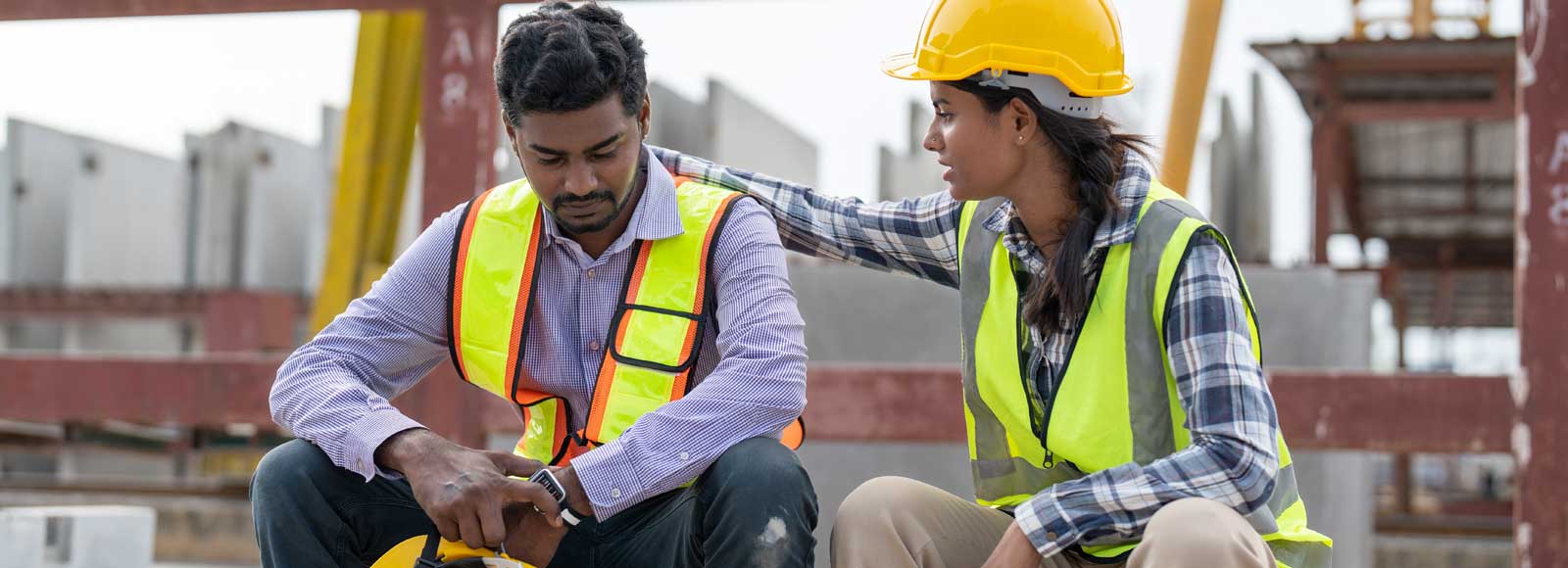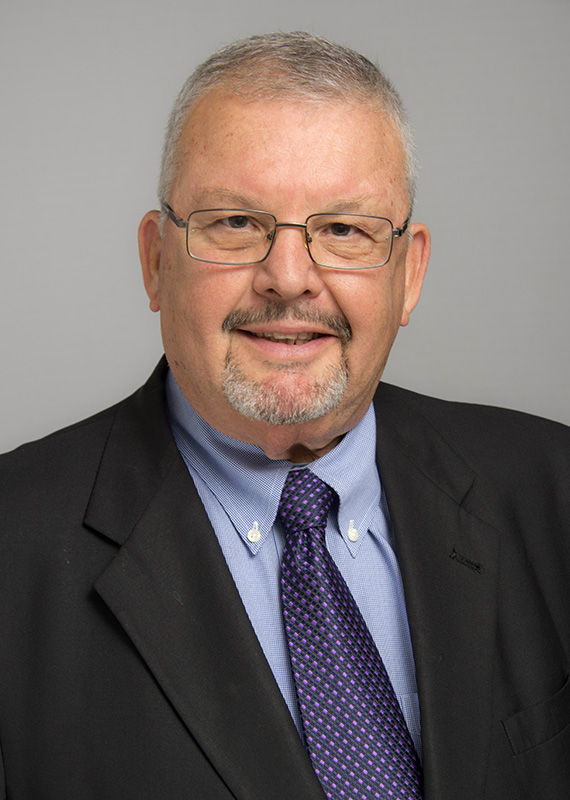Wayne State awarded MIOSHA funding to support mental health training for construction industry

Construction is a high-risk industry that exposes its labor force to a wide range of hazards. Physical dangers such as those that the U.S. Department of Labor’s Occupational Safety and Health Administration (OSHA) has dubbed the “Focus Four” ― falls, caught-in or -between, struck-by, and electrocution ― often garner the most attention. However, researchers at Wayne State University are turning their focus to mental health in the construction industry ― which, according to the Centers for Disease Control (CDC), has the second-highest suicide rate in the U.S.
The Michigan OSHA recently awarded $870,000 in training grants to 20 nonprofit organizations statewide to strengthen worker safety and health. Among those funded is a project led by Mumtaz Usmen, professor emeritus of civil and environmental engineering at Wayne State; and Emrah Kazan, a WSU alumnus and former faculty member who is now an associate professor and director of the construction management technology program at Monroe County Community College. They are developing new mental health and awareness training tools for construction companies in Michigan.
According to the CDC, construction has a suicide rate of 45.3 per 100,000 workers, triple the national average (14.3/100,000) and more than four times higher than all other construction fatalities combined (10.1/100,000). A separate CDC study found that construction workers are more prone to alcohol and drug abuse than the general population, and a 2020 survey by the Center for Construction Research and Training showed that nearly 15% of workers battled anxiety.
A number of factors may contribute to these trends, including physical exhaustion, chronic pain due to injury, discriminatory or hostile environments, challenging work schedules, or other pressures of the job.

“Our grant work addresses causes, effects, impacts and approaches to improving upon the existing problems,” said Usmen. “At the industry level, dealing with the toxic workplace culture and stress is an essential element of combating the challenge.”
A typical training package consists of a PowerPoint module presentation and effectiveness evaluation through a pre-test, post-test and feedback survey. The training can be taken in either an in-person or webinar format. A self-paced online version is also available, in which the trainee logs on to an online portal for instruction and testing. A typical session length is approximately three hours, and certificates are issued to participating individuals.
Key outcomes of the project will be for managers and senior employees to recognize warning signs, maintain an open-door policy to remove any stigma surrounding mental illness, and cultivate a more supportive work environment. At the same time, workers can become empowered to contribute to their own well-being.
“There is an abundance of resources that can help in developing and implementing programs to prevent suicide and address other mental health matters,” said Usmen. “It behooves employers to share the available information with all stakeholders and use them as needed in supporting their employees.”
Usmen and his collaborators has been focused for several years on occupational safety and health investigations and training, mainly for the construction industry. In addition to conducting numerous studies involving statistical analysis and modeling of workplace injuries and illnesses, the team has developed and implemented various training modules to more than 3,000 construction industry employees and employers at no cost to them. These intervention strategies have been largely supported by OSHA and MIOSHA grants.
The research team also works closely with an advisory committee composed of safety and health experts and organizational leaders from the International Union of Operating Engineers, Associate General Contractors of Michigan, Masonry Institute of Michigan, Michigan Laborers' Training and Apprenticeship Institute, and private firms from the Michigan construction industry.
If you are interested in receiving more information on training packages, contact Emrah Kazan at aq2059@wayne.edu.